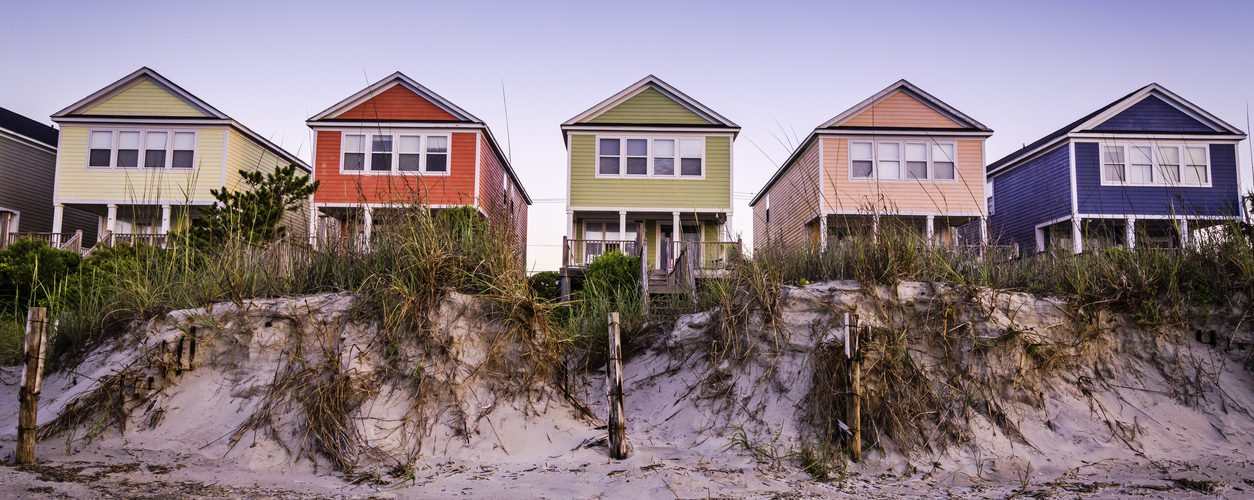If you’re considering the purchase of a second home, it is important to know whether or not you can afford it. You need to be sure to do the math first. Get with a financial advisor or your banking institution to discuss your situation. A mortgage broker is usually the best person to talk to, rather than an individual loan officer. You need to be thinking about how much the insurance is going to cost, the amount of the down payment, and whether you will be getting a fixed rate or adjustable rate mortgage. One source of funding is to leverage the equity in your first home. Another option is taking some funds out of your IRA account.
For insurance purposes, think about the area in which the home you’re considering is located. Is it a high risk for flooding? Then you will need to add flood insurance to the cost. What about fires? That’s another form of insurance you’ll be paying premiums on. On top of that, you’ll be paying property tax and maintenance costs. The approximate amount of money you need to set aside for maintenance on your new home and property is two percent of the home’s value each year.
Buying a second house is an investment, and like any large investment, it should not be entered into lightly. For all the buying power this can generate as an asset for you and your family, consider the potential liabilities carefully first. Getting several insurance quotes on all the different types of insurance you may require is another smart thing to do. Financing your home should be done with the counsel of an experienced financial expert to avoid the potential pitfalls of such a large purchase.
One of the big purposes many people have in mind for their second home is a vacation home. Vacation homes can be expensive, and if you know you can’t afford your dream home just yet, consider the possibility of something more affordable. If you’re planning on retirement, don’t count on just one location for a second home. Though perhaps less exotic than say, Florida, there are many beautiful locations throughout the United States, including places near the mountains, the beaches, and lakes. A good way to get a positive return on your investment is to rent it out during the off season, or whenever you don’t plan on being there. Be sure, however, to report the rent money as income.
This is the law for any rental home rented out for fifteen days or more to another family. Less than that, it would otherwise be considered personal use property, and the rental fees are yours to keep. Take all of these things into consideration when formulating your financial plan with regard to a second home. Some other things to consider are, is the house a fixer-upper? If so, add that to the cost.
You may get tenants to rent from you without major repairs, but most people will expect a minimum upkeep on the place, even if you are not there to do the work yourself. Ultimately, some people choose to move into their second home permanently, selling their first place. If you’ve lived there for two years or longer, it may be possible to sell your first home without paying the obligatory capital gains tax required on the sale of a second home. Keep this in mind before buying as well, because if you do decide to sell your second home and are not claiming it as your primary residence, or have lived there for less than two years, you will be charged a capital gains tax on it.
Related Posts
- How Much Is Closing Costs On A House?
- How to Remove Shrubs?
- Public Adjusters Manage Property Insurance Claims
- How Much Home Insurance Do I Need?



